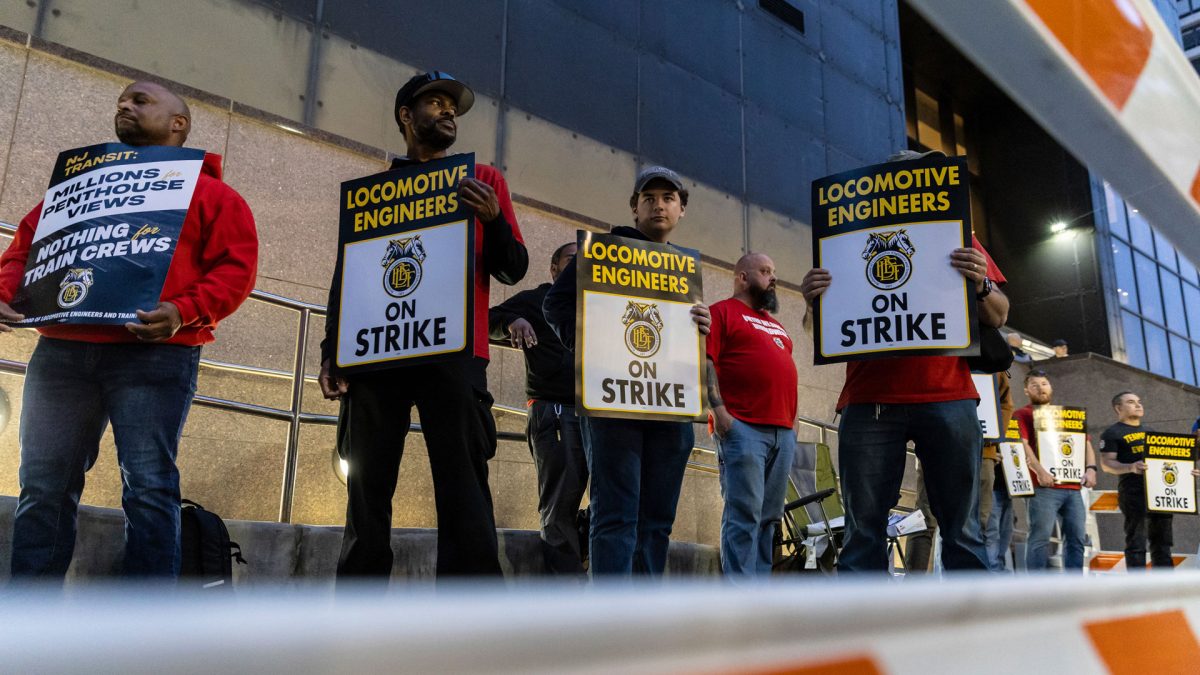TikTok is a social media platform that is based on sharing short videos. Similar to other apps like Facebook, or Instagram people can watch your videos and like and share them. Videos can consist of anything you like, whether it’s a how-to video or just a funny dance.
People also have accounts with all of their videos in one place. If people enjoy your videos, they can follow yours for more. These accounts can be private (only approved people can follow you) or public (everyone can). Content creators have made a living by posting videos on TikTok and getting likes and views.
But what is so bad about this? Isn’t it just a place for teens to get creative? Well, not exactly. The issues of this platform stem back to the company that owns it. It was bought from a low-profile tech startup named Alex Zhu, who originally planned for the videos to be educational. After that didn’t work, it was sold for $1 billion to Zhang Yiming from ByteDance. He is the one who really turned what was formerly known as Musical.ly into TikTok.
However, ByteDance is a communist Beijing-based company. This gives quite an opportunity to get the Chinese government involved. On top of this, when signing up for the app, sensitive questions are asked like payment methods. What is odd is that TikTok is free, and credit card numbers shouldn’t come into play. With its community of about 150 million US users, TikTok is raising a lot of suspicions. And is already being restricted on government devices in the US.
Many other countries are ahead of the flow and have already banned this social media platform. It was banned from India in June 2020, Britain, Australia, and Canada in early 2023, and interestingly enough, mainland China. These are only some countries that have banned the app from at least government devices and many other countries have put temporary bans on TikTok in the past.
TikTok is set to be banned in the US on January 19th, 2025 unless ByteDance sells their platform to an American company. ByteDance and Tiktok sued to block the law in May because it would be going against the right of free speech in America. The government responded by saying that it was not intruding because users could just find another social platform and they were focusing on who is in control of TikTok rather than how it is being used.






